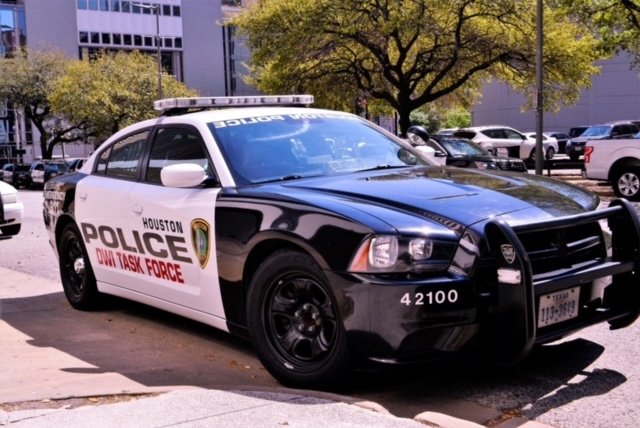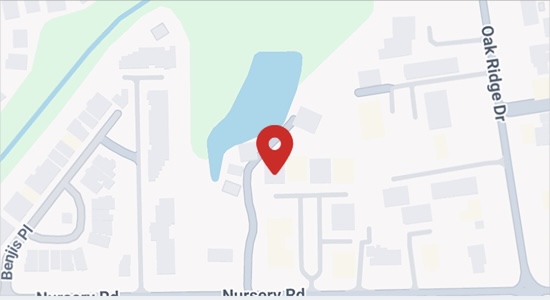- Contact Us 832-381-3430 Tap Here to Call Us
Challenging a DWI Arrest: Understanding the Legal Alcohol Limit in Texas

Exceeding the legal alcohol limit in Texas results in criminal DWI charges with a lifetime impact on your driving ability, auto insurance rates, and employment.
Learn about the penalties, the impact of DWI charges, and how to present the best possible legal defense.
The Legal Alcohol Limit in Texas
No driver may have a blood-alcohol content (BAC) exceeding 0.08. If an average 180 lb. man consumes three beers in one hour, his BAC will be about 0.06.
The impact of alcohol varies depending on age, gender, food consumption, and alcohol tolerance level. People who rarely drink are more likely to become impaired with less alcohol.
If you feel drunk, you are beyond the legal limit. At a BAC of 0.07 to 0.09, the impact on the body includes visual impairment, reduction in self-control, and risky behavior.
Individuals under the influence of alcohol generally believe they are functioning normally when visually impaired.
Boating and Flying Intoxicated
You can receive a DWI in Texas if you are boating or flying an aircraft while intoxicated. This misdemeanor charge can increase to a felony if a child under 15 is in the vessel. If an accident results in severe injury or fatality, the charge is a felony.
FAA regulations mandate pilots not to operate aircraft within eight hours of alcohol consumption and a BAC below 0.04.
Refusing to Submit to Testing
When law enforcement believes you exceed the legal BAC in Texas, they will request permission to conduct a field sobriety test. The rules for this are under the Texas Transportation Code.
Operating an automobile or watercraft under the influence gives implied consent to submit to breath tests or analysis of your blood alcohol concentration. You can refuse testing, which results in an automatic driver’s license suspension for at least 180 days.
Tests showing a BAC of 0.08 or higher result in automatic license suspension of at least 90 days. Anyone under 21 showing any alcohol will receive a minimum 60-day suspension.
Peace officers certified to perform breath analysis may administer the test. A physician, qualified medical personnel, or emergency medical technician must take blood specimens in a sanitary location.
Texas DWI Penalties
Most DWI cases are misdemeanors; more than one conviction increases penalties. A first offense has a fine of up to $2,000, jail for up to 180 days, 90 days to one-year license suspension, plus court fees and penalties.
A second conviction will increase the penalties. A third conviction can result in fines of up to $10,000, incarceration of up to ten years, and a driver’s license suspension of up to three years. If you are pulled over for DWI and have already had three misdemeanor convictions, you may be charged with a felony.
Texas DWI law changed in September 2023 with HB-393. A person with a conviction of intoxication manslaughter will pay restitution to the children of a parent or guardian killed in a crash. This obligation continues until the child is 18 or graduates from high school, whichever is later.
Lifetime Impact of a DWI
Your DWI conviction is not a here-today-gone-tomorrow mistake. The inability to drive, fines, and jail time may result in loss of employment and housing. It can impact relationships, including your child custody and visitation rights.
Probation may require random alcohol and drug testing. A BAC of 0.02 or higher will cause additional restrictions and possible jail time.
Background Checks
Anyone running background checks will see your DWI conviction. This may cause disqualification for specific jobs.
Students with a DWI conviction may receive denials from colleges. They view the potential student as a risk and negative influence on peers.
Reputation
Bad news spreads fast. Friends, family members, and acquaintances may view you negatively. They may be unwilling to do business with you or not want you to participate in activities at their children’s school.
Lifetime Record
The criminal conviction remains on your record forever. DWI does not qualify for expungement in Texas. Removal is only possible following a complete dismissal or a not-guilty verdict at trial.
Employment
The DWI will prevent employment opportunities, including teaching, law enforcement, and some government positions. Safety and insurance costs make you non-employable for commercial driving. Serious consequences may result from a person working in healthcare, real estate, insurance, or active military becoming intoxicated.
Auto Insurance
Having a DWI conviction will impact your ability to get car insurance. Insurance companies label DWI drivers as high-risk, and some drop coverage entirely.
Texas law requires an SR-22 proof of auto liability insurance for at least two years after a DWI conviction. You must pay the Texas Department of Public Safety additional fees for three years. High-risk SR-22 policy requirements mandate at least:
- $30,000 for bodily injury or death of one person in an accident
- $60,000 for bodily injury or death of multiple people in an accident
- $25,000 for damage to other property in an accident
You need an SR-22 form to reinstate your driver’s license and must repeat the process the following year.
Gun Ownership
Owning firearms is prohibited under federal law for anyone with a felony conviction. A DWI conviction can eliminate owning or purchasing guns. Denial of gun ownership applies if you have a felony DWI while operating a watercraft or aircraft.
You must transfer firearms you own to another party or turn them over to the police. Weapons found in your possession may result in a revocation of probation and an additional charge of unlawful firearms possession.
Benefits of a DWI Defense Lawyer
In Texas, the DA has two years from the incident date to file criminal charges against you. If they do not meet that timeline, the case is time-barred, and they cannot arrest you for DWI. I wouldn’t count on getting this lucky.
The best way to avoid high insurance premiums, reduce additional fees, and maintain driving privileges is by hiring a DWI attorney. Your DWI attorney will review discovery for any mistakes by the police or prosecutors.
Even under dire circumstances, DWI lawyers know Texas law and how to present evidence in court. They will negotiate a plea or defend you at trial for the best possible outcome.
The Best DWI Defense
When you exceed the legal alcohol limit in Texas, hire an attorney who knows Texas drunk driving laws. Non-Stop Justice has over 20 years of experience fighting DWI charges. Don’t stagger through a drunk driving case alone; call Non-Stop Justice at 832-381-3430 to book a consultation.









